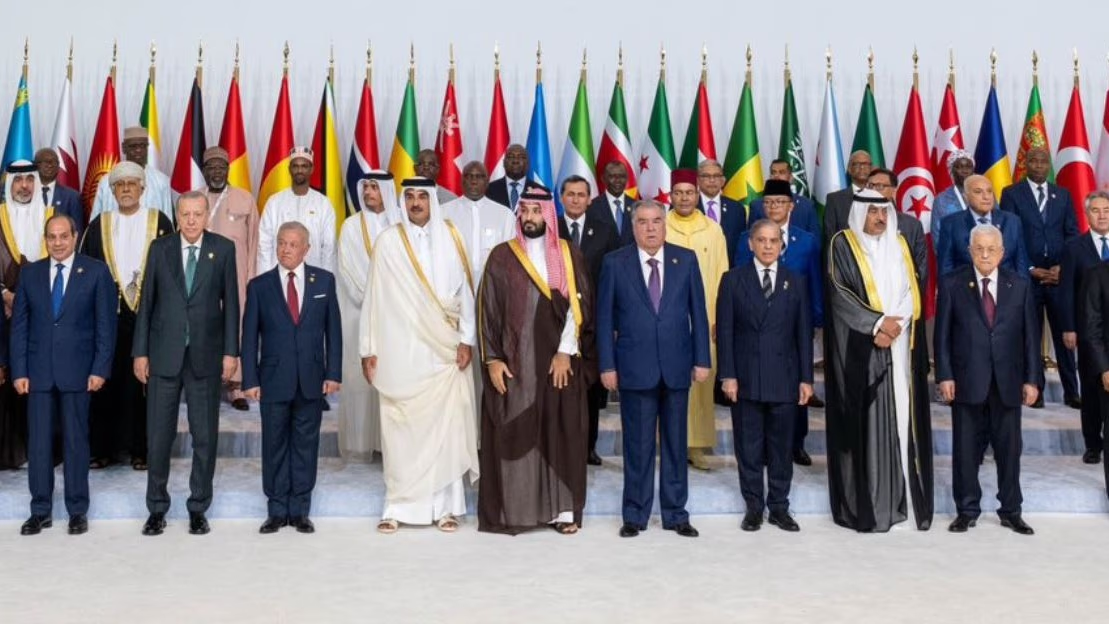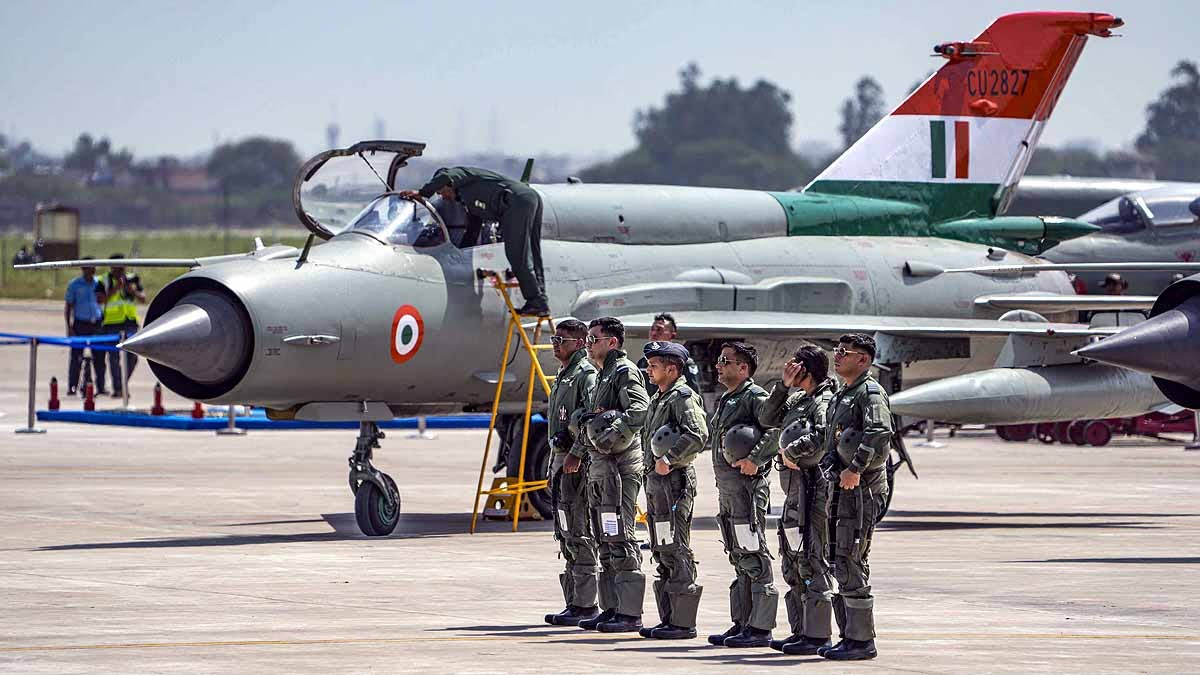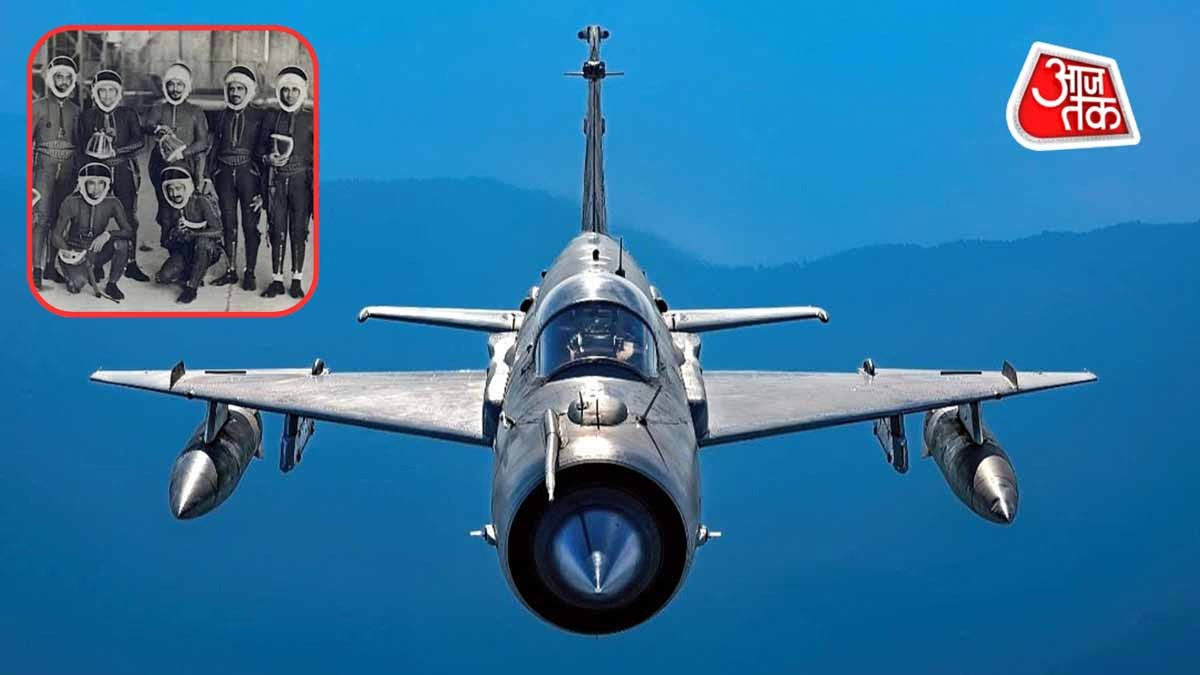Several Arab and Islamic leaders arrived in Doha, Qatar's capital, on Monday for an emergency meeting to show solidarity after Israeli attacks on Hamas leaders in Qatar last week. Despite differing opinions on future strategies and agreeing on minimal actions against Israel, this meeting may mark the beginning of an Arab military alliance's rise.
The proposed coalition, branded 'Arab NATO' by Egypt with the largest army in the Arab world, was discussed during the Qatar meeting, with Pakistan and Turkey participating. Nuclear-armed Muslim country Pakistan not only attended the emergency summit but also called for a joint task force to monitor 'Israeli plans in the region.' Turkish President Recep Tayyip Erdogan urged for economic pressure on Israel and was present at the summit.
Iraq's Prime Minister, Mohammed Al-Sudani, advocated a NATO-style collective security structure, emphasizing that the security and stability of any Arab or Islamic country are part of our collective security responsibility.
Initially launched by Saudi Arabia a decade ago, post-Arab Spring, an initiative announced the formation of a 34-country Islamic coalition against terrorism. This plan gains momentum after Israeli airstrikes in Doha as America's Trump administration re-evaluates security relationships worldwide.
The joint Arab force concept, proposed at the 2015 Arab League Summit in Sharm El-Sheikh amid Yemen conflict and ISIS rise, was stalled by sovereignty concerns and military challenges. Fresh life was breathed into this proposal with Israeli airstrikes on Doha, killing five Hamas members and a Qatari security officer.
Reports suggest Egypt initially offers up to 20,000 troops, hosting the 'Arab NATO' headquarters in Cairo, with a four-star Egyptian general as its first commander. The force will rotate leadership among the Arab League's 22 members, including army, air force, navy, and commando units, alongside training and logistics.
Saudi Arabia is seen as a key partner, possibly attracting funding and modern capabilities from Gulf States like the United Arab Emirates and Bahrain.
This proposal is positioned as a 'defensive move' rather than an aggressive pact against Israel, aiming to thwart security threats, terrorism, or any danger to Arab world's security and stability.
At Monday's summit, Qatar's Emir, Sheikh Tamim bin Hamad Al Thani, strongly condemned the Israeli attack, labeling it treacherous and cowardly, accusing it of undermining US-brokered Gaza ceasefire talks. While the joint statement called for reevaluating ties and legal action against Israel, the real focus shifted towards military integration.
Analysts consider the Gulf Cooperation Council's (GCC) vow to activate a joint defense pact a basic step that could expand with broader Arab participation. Yet, 'Arab NATO' yielded no concrete outcome as member countries made declarations but lacked substance, with only verbal commitments and mythical oaths.
Egypt supports 'Arab NATO,' while Shi'ite Iran desires the Islamic version. Egypt-American writer Hussein Aboubakr Mansour remarked the Doha summit exposed deep divisions without substantive results, only symbolic gestures.
Johns Hopkins economist Steve Hanke dismissed the summit as 'all bark, no bite.' However, if realized, the current 'Arab NATO' proposal refocuses on collective security, potentially altering regional power dynamics and reducing reliance on waning American guarantees, highlighted by Washington's disinterest post-Doha attacks.




